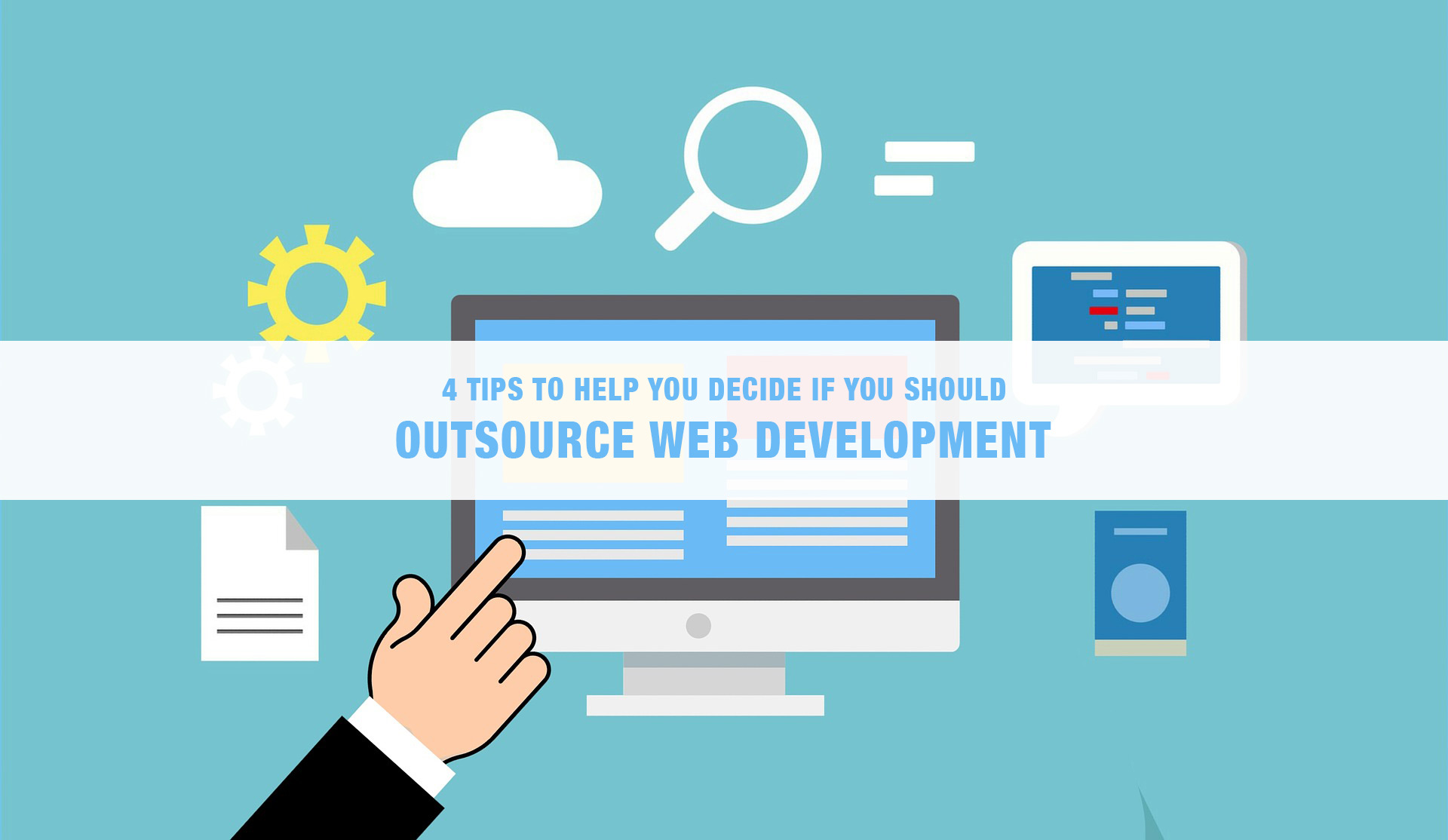Most modern-day businesses understand the importance of having an online presence. As for maintaining, protecting, and updating it, not too many are all that eager to invest the time or the effort. Whether we like it or not, building a digital identity is never a one-and-done project. Every website requires upkeep, every blog needs regular posts, image optimization, content adjustment, back-end tweaks, to make sure it runs smoothly and keeps your brand on that first page of Google.
And while outsourcing all sorts of services has become mainstream in most industries, some companies are still reluctant when it comes to their web development needs. It’s a vital piece of their digital puzzle and they are not eager to hand it over to just anyone. It takes time to find a trustworthy partner in such an endeavour, and even when you do, you want to protect your assets and your brand’s image. Here to help you protect your rights, your investment, and your digital needs is a simple guide that can give you what you need to define those outsourcing relationships.
Ensuring optimal communication
Much like with your internal organization, the success of any business relationship between you and a service provider depends heavily on how you structure your communication. For starters, whether you already have a website that needs sprucing up, or you want to build a brand new one from scratch, you need to be able to express your needs and goals to your agency or freelancer of choice. This is precisely why transparency is a key ingredient for successful collaborations with external experts.
Not sure what you need, as you yourself are not really an expert? Ask plenty of questions, preferably open-ended ones that delve into details of what you can do with your digital presence. A skilled web developer can even point you towards a more cost-effective, user-friendlier solution than the one you originally envisioned. Add to that, you need to ensure ongoing channels of communication to stay in the loop. Whether you prefer occasional emails or daily chat, it’s entirely up to you as long as you ensure structure.
Covering your legal bases
Your web developers will have access to some of the most sensitive bits of information about your business. They’ll be the ones in charge of putting it into a presentation worthy of your brand and your audience, and of ensuring that your wishes are met. However, the business world can be a harsh one, and to avoid any misunderstandings and to cover your legal basis, you should always use a legally-binding contract.
Having access to customizable business document templates is a useful way to find an existing contract template which you can adjust to fit your new relationship with your web developer. No matter if you work on a project basis or if you decide to turn this into a long-term commitment, a contract is vital in defining your role and your web developers’ role in each task at hand – and your legal obligations, too.
Managing expectations
Treating your external partners is very similar to building bonds with your in-house teams. A great part of all those relationships lies in how you manage expectations of all parties involved, not just in terms of payments, but in terms of trust, collaboration, availability, and the potential of future work. Just like you’d make sure your in-house social media manager has access to your brand guidelines and sample posts with past success, your web developers need to understand what you want them to achieve.
In addition to rough guidelines as in situations when you’re looking to make your website mobile-friendly, introduce new product categories, and the like, which are all fairly straightforward, you should provide direction every step of the way. That way, your web developers will know what you need from them, and you’ll prevent going back and forth on one and the same issue that could have been resolved with a single productive conversation.
Evaluating costs
It’s no secret that many businesses opt for outsourcing simply because it helps them reduce expenses related to specific projects. You don’t have to worry about the onboarding, recruiting, the training, the growth path, the healthcare and pension funds – all of that is in the hands of that external organization lending a hand for your web development needs.
Sometimes, however, agencies come with a hefty price tag, and you might find it difficult to believe that it will still turn out to be more cost-effective than a full-time hire. However, the value needs to match the price, too. Make sure you compare the cost and the promised value of hiring versus outsourcing, especially if your business is still growing and you need to be very prudent with your investments. You may want to start off with a single external project, something smaller to use as a reference point in deciding if outsourcing is indeed a budget-friendly solution for your business in the long run.
Outsourcing is no longer a “dirty word” of the digital world, on the contrary. It has become a necessity and an advantage for companies that know how to utilize it properly. Use these tips to make sure that outsourcing is the smartest decision for you, and you’ll be able to grow your business successfully, alongside your external partners, and together with your employees.





Leave A Comment